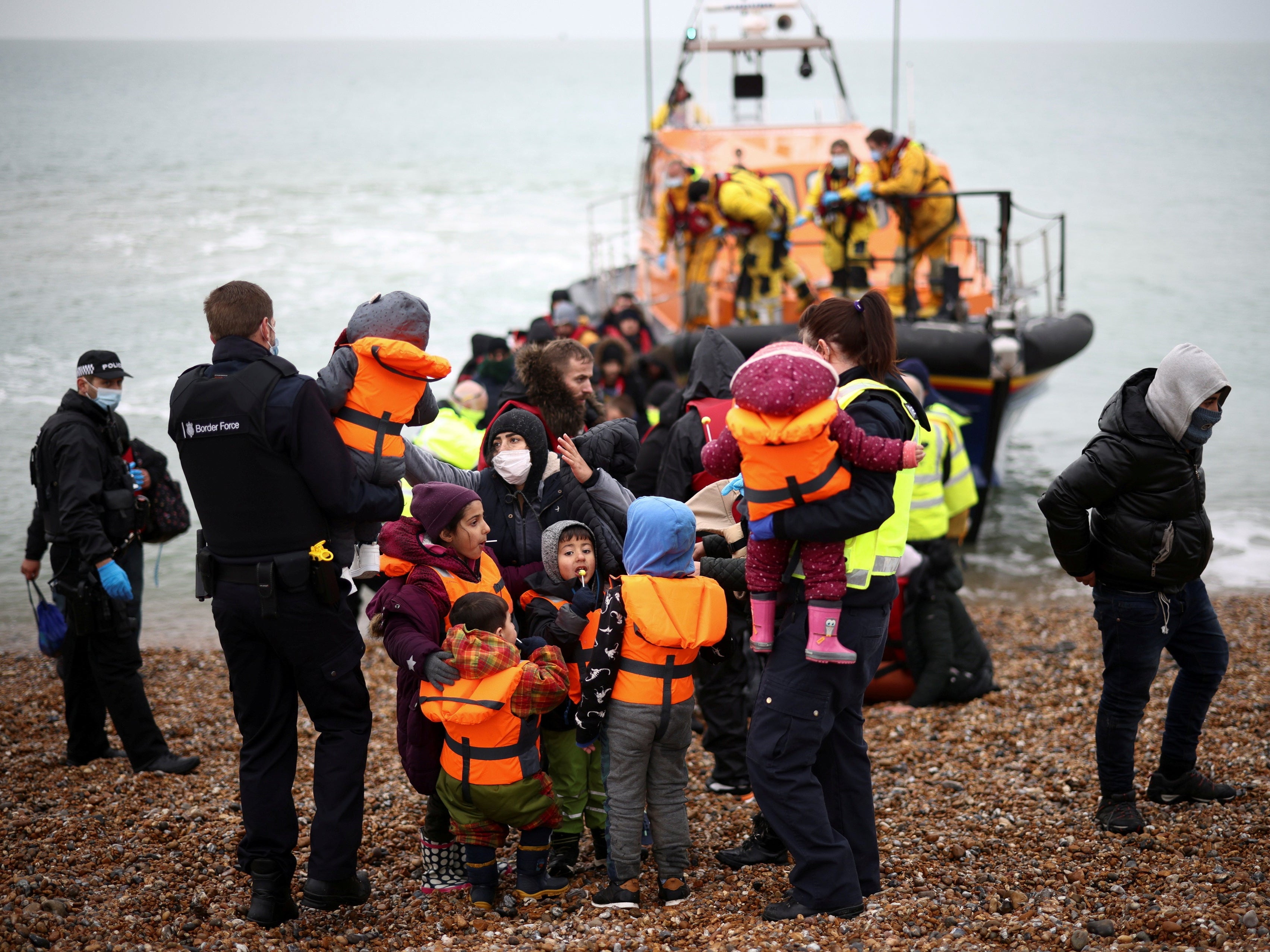‘I saw people dying in front of me’: Channel migrant boat survivor haunted by disaster
‘Those of us who could not swim, drowned and died within minutes,’ says one of only two known survivors of tragedy

Your support helps us to tell the story
From reproductive rights to climate change to Big Tech, The Independent is on the ground when the story is developing. Whether it's investigating the financials of Elon Musk's pro-Trump PAC or producing our latest documentary, 'The A Word', which shines a light on the American women fighting for reproductive rights, we know how important it is to parse out the facts from the messaging.
At such a critical moment in US history, we need reporters on the ground. Your donation allows us to keep sending journalists to speak to both sides of the story.
The Independent is trusted by Americans across the entire political spectrum. And unlike many other quality news outlets, we choose not to lock Americans out of our reporting and analysis with paywalls. We believe quality journalism should be available to everyone, paid for by those who can afford it.
Your support makes all the difference.One of only two known survivors of the deadliest Channel crossing has told how he is haunted by the scenes he witnessed.
Mohamed Isa Omar was among at least 29 people who attempted to make the dangerous journey from the coast of France to the UK last week before their overcrowded inflatable dinghy began to deflate.
As others attempted to cling on to the sinking boat, the 28-year-old swam towards a ship he spotted in the distance.
“I saw people dying in front of me,” he the BBC. “Those of us who could not swim, drowned and died within minutes. It was so cold the water, so cold.”
The boat set off at about 10pm local time (9pm GMT) last Wednesday and was about three-and-a-half hours into the journey when it began to deflate, according to Mr Omar, who is currently in a wheelchair while recovering from leg injuries sustained while at sea.
Some of those on board still had mobile phones and desperately called for help – but their devices ended up in the water before they could send their location.
“Our mobiles were already in the water but one of us had his mobile still working,” Mr Omar told the BBC. “He called, and the [British] authorities told him to send the location.
“But before he does that, the mobile went into the water too and we could not send anything.”
A second man with a phone also attempted to raise the alarm – but his too was lost to the water.
“That’s why people started to drown and die,” he told the broadcaster. “I saw people dying in front of me, but I started to swim. I saw a big ship far away and started to swim towards it.”
According to 21-year-old Mohammed Shekha, the only other known survivor, many of those on board held hands and attempted to cling on to the deflated dinghy for hours until sunrise.
“The sun was out, but we couldn’t hold on any longer,” he told Iraq’s Rudaw network.
“The people just stopped holding hands and they all went into the water. They died.”
Among the dead after last week’s tragedy are said to be a pregnant woman, children and a 24-year-old Kurdish woman trying to reunite with her fiancé in the UK.
After talks on Sunday, it was agreed that a plane, operated by European Union border agency Frontex, will monitor the shores of the Channel for people crossing from 1 December.
Migration officials also pledged to work together more closely against people-smuggling networks and the trade in inflatable boats.




Join our commenting forum
Join thought-provoking conversations, follow other Independent readers and see their replies
Comments